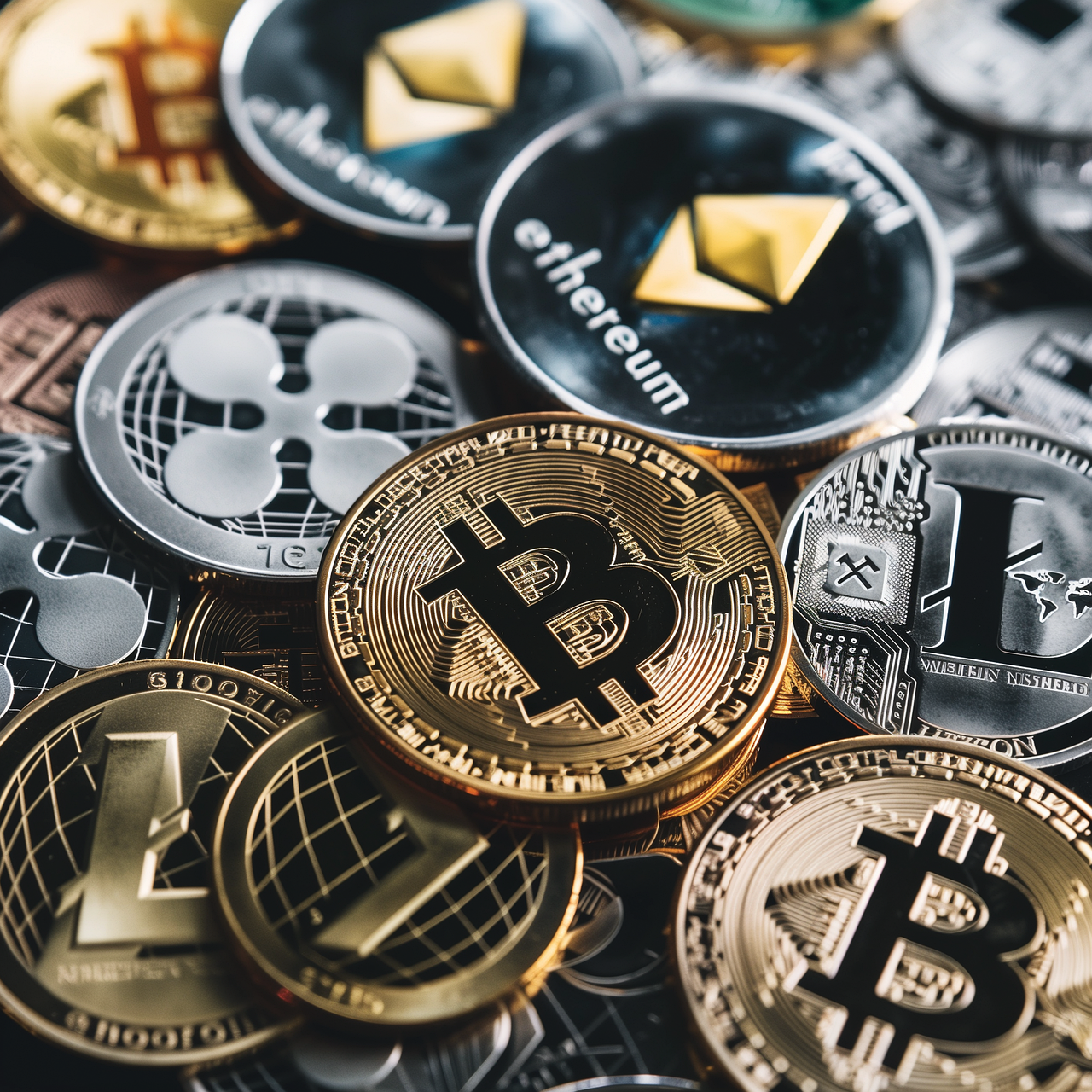Sweepstakes used to be simple. Click a button, submit an email, and hope for a discount code or a $10 gift card. But in the shadow of crypto's mainstream drift, a more experimental format is quietly gaining traction. Instead of sending out prizes locked to corporate platforms, a handful of startups are handing winners something more fluid: blockchain-based assets, tokens, NFTs, and even stakeable coins.
A Different Kind of Reward
Historically, sweepstakes platforms have operated inside self-contained economies. Players spin wheels, complete tasks, or refer friends, and in return, they get rewards that can only be redeemed within the system that issued them. Tokenization breaks down those walls.
The shift takes cues from crypto futures, a format where players predict short-term price moves on assets like BTC and ETH through algorithm-simulated volatility, without exchanges, wallets, or trading accounts. The experience is fast, simplified, and based purely on market direction. (Source: https://coinfutures.io/)
While technically separate from sweepstakes, this kind of model helped reframe digital assets as both speculative and functional tools. That same mindset now powers tokenized rewards across newer sweepstakes ecosystems.
Some platforms issue ERC-20 tokens tied to loyalty tiers or participation rates. Others mint NFTs as proof-of-win that double as access keys to future events. These prizes can be sold on marketplaces, staked for interest, or used as entry into other contests. The core idea is this: once you win it, it’s yours, in a verifiable, transferable form. That’s a far cry from the digital coupons of Web2.
Transparency Meets Friction
Supporters say blockchain integration brings one thing the sweepstakes world sorely needs: accountability. Smart contracts can be coded to handle prize logic, enforce rules, and publish outcomes on public ledgers. That transparency appeals to users increasingly wary of black-box algorithms and rigged contests.
But the user experience still leaves much to be desired. Wallet setup, gas fees, and cryptographic signatures aren’t second nature to the average participant. And while Web3 promises decentralization, many of these platforms quietly rely on custodial systems that manage wallets on behalf of users, undercutting the whole idea of independent ownership.
The challenge is walking a tightrope: make the system transparent and trustless without making it feel alien. Until that balance is struck, tokenized sweepstakes will likely appeal to niche audiences comfortable navigating the crypto stack.
The Prize as a Starting Point
In the old model, winning a sweepstakes was the end goal. With tokenization, it might just be the beginning.
An NFT win could unlock future entries or act as a loyalty badge. Some tokens increase in utility over time, granting holders voting rights in how prize pools are distributed or which campaigns go live. Instead of emailing updates, platforms use smart contracts to create real-time incentives tied to holding behavior or community participation.
These mechanics aren't just gimmicks. They serve a deeper purpose, retaining users, encouraging return visits, and building platforms that thrive on continuous interaction. It shifts sweepstakes from one-off marketing tactics to long-term engagement models.
A Legal Gray Area
The regulatory picture isn’t keeping pace. While blockchain developers have made strides in building transparent reward mechanics, the legal implications are still murky.
In some regions, the addition of cryptocurrency, even as a prize, may trigger gambling laws or securities oversight. U.S. regulators, for instance, have historically treated tokens with financial upside as investment vehicles, regardless of how they were earned. A sweepstakes offering tradable NFTs might unintentionally cross lines set by state or federal authorities.
To stay compliant, some platforms now include disclaimers, restrict participation by geography, or limit the resale value of their tokens. Others quietly strip back features to avoid drawing legal scrutiny. For now, the safest approach seems to be walking just close enough to the line without stepping over it.

Source: https://pixabay.com/illustrations/ai-generated-bitcoin-cryptocurrency-8629720/
Disruption or Diversion?
Is this the next phase of sweepstakes, or just a crypto-era side project?
Mass-market adoption still leans toward simple contests with tangible, traditional rewards. But tokenization offers something different: transparency, control, and a shot at real value beyond the platform. For crypto-native users, that might be enough. For the rest, it’s still a learning curve.
What’s more likely is a hybrid path forward. Established sweepstakes companies could begin offering tokenized prizes as opt-in experiments. New entrants might cater exclusively to blockchain-savvy audiences. Either way, the basic structure of sweepstakes, entry, reward, engagement, is being re-engineered in real time. Try your luck at Bitcoin Sweepstakes.